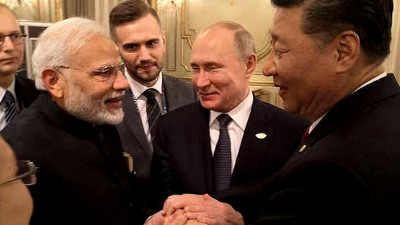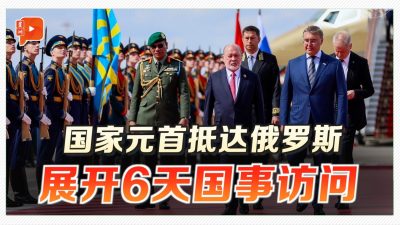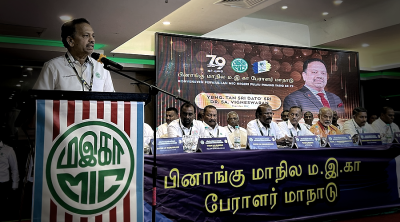
It has been two weeks since Russia began a full-scale invasion of Ukraine.
As Malaysia is more than 8,200 kilometres away, many of us are still wondering how the conflict will impact Malaysia and whether we should be bothered.
We might be able to make a better judgement by looking at the impact of Russia’s invasion of Ukraine based on economics and humanity.
MIDF has highlighted that the crisis only minimally impacts Malaysia’s international trade directly, as exports to both Russia and Ukraine currently only account for 0.4 per cent of Malaysia’s total exports and only 0.6 per cent of Malaysia’s total imports.
So, based on trade data, MIDF is correct, however, what about the possible indirect impacts?
In 2021, the European Union imported 155 billion cubic meters of natural gas from Russia, accounting for around 45% of the EU’s gas imports.
On the other hand, based on Department of Statistics Malaysia (DOSM) data, the European Union was Malaysia’s fourth-largest trading partner in 2021, accounting for 10.15% of the country’s total trade, signifying the strong possibility that higher energy prices in Europe will be transmitted to Malaysia.
Higher import prices will reduce Malaysia’s trade surplus, perhaps leading to a trade deficit which will have a detrimental impact on the value of the ringgit.
Moreover, oil prices have skyrocketed since the Ukraine conflict to above US$139 per barrel, the highest since July 2008.
Higher oil prices will lead to higher inflation and costs of production, thus increasing poverty levels (the poor will become poorer) and depressed export markets (less competitive in the international market).
In addition to impacting the global economy significantly, Russia’s invasion of Ukraine is expected to change the demography of many countries’ annual budgets.
For example, German Chancellor Olaf Scholz recently announced that his country would invest more than 2% of its GDP in defence, reversing a decades-old freeze on defence spending.
Yes, Malaysia should be extremely bothered by Russia’s invasion of Ukraine, and we should stand in solidarity with Ukraine.
In Asia, China’s defence spending is set to rise by 7.1% this year, outpacing its GDP growth target of 5.5%.
Lately, news of foreign military jets breaching Malaysian airspace and sovereignty has continued to surface in local news. Thus, should Malaysia increase its military spending this year to enhance our national sovereignty?
If yes, with the post-COVID economic recovery still a work in progress, what will be the opportunity cost to increase military spending?
Should Malaysia substitute developing a new hospital for a new jet fighter, a school for a tank… the list goes on.
As of March 6, more than 1.5 million Ukrainians had already crossed the borders into neighbouring European countries, and the figure is expected to escalate to four million.
This has been the fastest moving refugee crisis in Europe since the end of the second world war, as quoted by the Commissioner of the United Nations High Commissioner for Refugees (UNHCR).
We all welcome the news that at least four million Ukrainians will soon be in a safer environment, but we must realise that many are forced to flee their homes with few or no personal belongings.
Thus, their future lives depend on the rules and regulations applied to refugees by their host nations.
Often, we read reports and studies that conclude that refugees often face life-threatening poverty due to overcrowding, lack of food, clean water, free education, healthcare and equal economic opportunities.
For example, 70% of the 5.5 million Syrian refugees are still living in poverty, as reported by the UNHCR. In Lebanon, an estimated 90% of Syrian refugee households there live on less than half of Lebanese minimum wage, roughly US$36 a month.
Thus, the hardship in life for the expected four million Ukrainian refugees is expected to continue.
Based on the above, yes, Malaysia should be extremely bothered by Russia’s invasion of Ukraine, and we should stand in solidarity with Ukraine.
(Goh Lim Thye, Department of Economic and Applied Statistics, Universiti Malaya.)
ADVERTISEMENT
ADVERTISEMENT







































